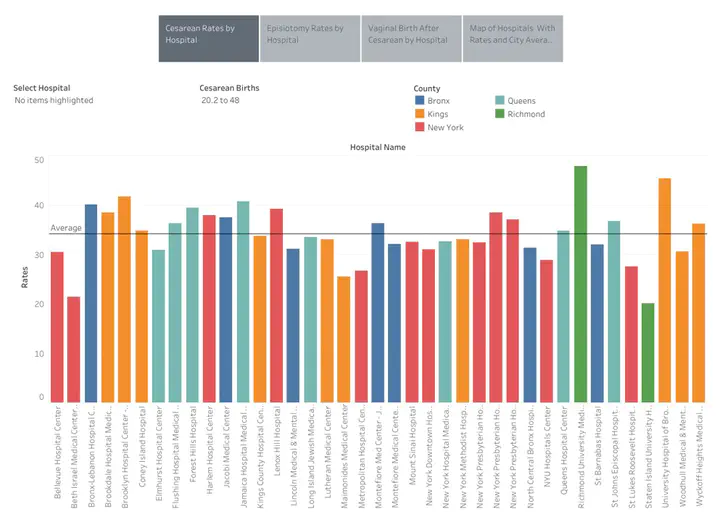Different Types of Reputation and Their Effect on Efficient Healthcare Provision
 Image credit: New York City Department of Health and Mental Hygiene
Image credit: New York City Department of Health and Mental Hygiene
Abstract
There is abundant evidence that physicians exploit their information advantage and overtreat their patients. Previous studies have shown that it is possible to use reputational information to curb wasteful overtreatment. It is unclear, however, which types of information are better at conveying physicians’ reputations. Given the strict privacy requirement on medical records, patients often can only rely on their own past interactions with various physicians. The accumulation of such history is costly both in terms of money and time. I suggest an alternative type of reputational information that can be publicly available without violating patients’ privacy: the count of each type of service recommended by a physician at the aggregate level. I experimentally examine these two types of reputational information systems and compare their effect on physician overtreatment and patient trust. I show that there is no significant difference in the level of overtreatment or market efficiency between the two informational conditions. Information on aggregated service counts, however, slightly improves patient trust in the treatment recommendations received and thus reduces costly patient search. Moreover, when the aggregated service count is visible to both patients and physicians, it leads to a quicker convergence on the frequency of overtreatment recommendations over time.